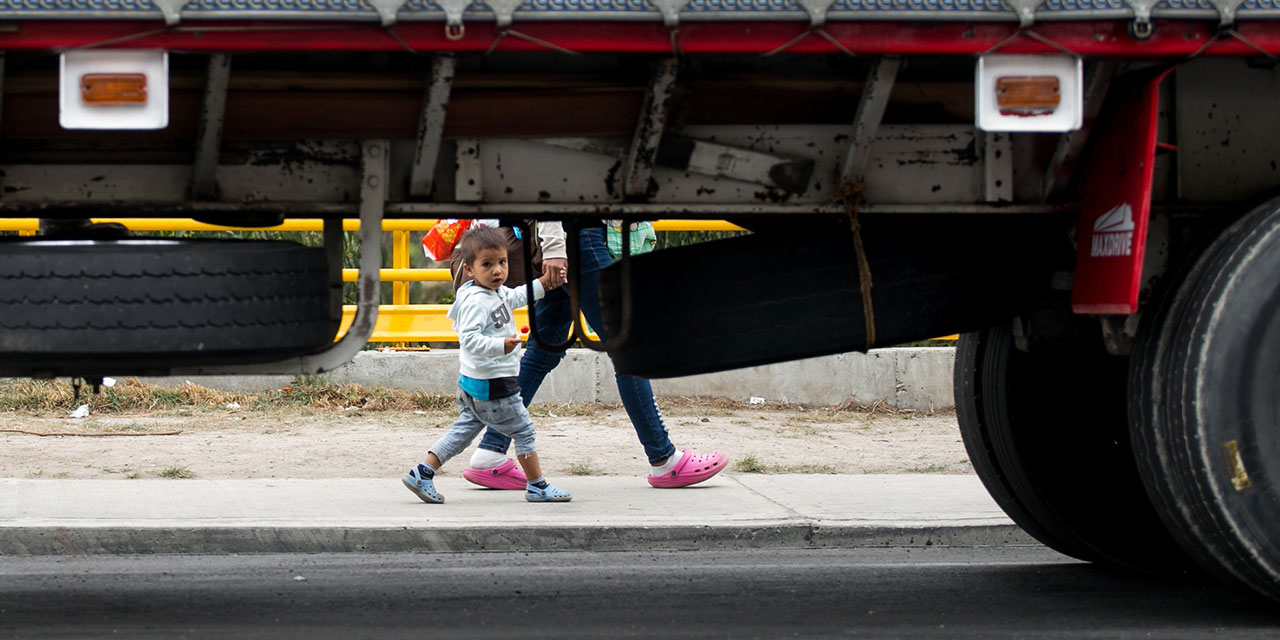The decision of Ecuador’s government to restrict the entry of Venezuelan migrants on Monday triggered protests on the border with Colombia and concerns in Bogota.
The Ecuadorean government imposed the restriction on Venezuelan citizens on Monday after reportedly receiving more than 85,000 over the past month.
In protest, Venezuelans who have fled their country’s humanitarian and political crises, but were disallowed passage blocked the border crossing while shouting at border officials to “let us in.”
The number of Venezuelans who were allowed passage through Colombia, but arrived too late to cross the border into Ecuador are causing a crisis of “unmanageable dimensions,” Ricardo Romero, the mayor of border city Ipiales, told French news agency AFP.
Romero said he hoped “the government doesn’t leave us alone” while calling for humanitarian aid for the stranded migrants.
Colombia’s foreign minister, Carlos Holmes Trujillo, objected Ecuador’s decision, claiming that the “visas will not stop the flow of migrants and will allow migration to become unregulated.”
Trujillo knows what he is talking about. When Venezuela’s government closed the border in February, tens of thousands of migrants continued to cross the border, but using one of hundreds of informal crossings along the two countries’ 1,400-mile border.
The foreign minister announced a contingency plan now that the Ecuadorean authorities effectively blocked regulated migration to the rest of South America.
Part of this contingency plan is the collection and distribution of food supplies and other basic humanitarian aid, increased attention for children and an increase in presence of authorities.
The decision of Quito to close to border is likely to aggravate the crisis in Colombia, which has been struggling to get the funds together to deal with the approximately 1.4 million Venezuelans who have fled their country.
The situation was already critical on the border with Venezuela, and is now also becoming critical on the border of Ecuador where far-right group Aguilas Negras has already threatened to “cleanse” the region of migrants.
Colombia’s foreign ministry and UN Special Envoy Eduardo Stein have been trying to coordinate a regional response to the mass migration, but without much success.
Trujillo last week said that the international community has only provided 30% of the funds that would allow his government to adequately deal with the biggest migration flow since the height of Colombia’s armed conflict.
Meanwhile, public opinion is growing increasingly hostile towards Venezuelans and deadly violence targeting migrants from the neighboring country has skyrocketed.


